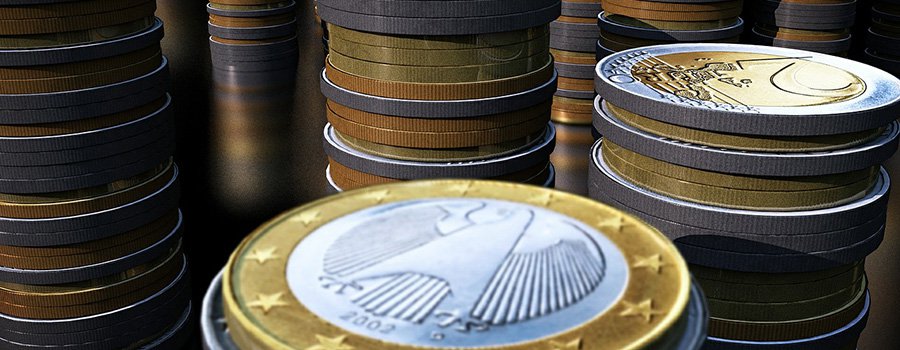Six Questions to Make Sense of the European Court of Justice Decision on Bitcoin VAT
In what can only be regarded as good news for Bitcoin, the European Court of Justice (ECJ) Thursday ruled that exchanging bitcoin should not be subject to VAT (Value Added Tax). The verdict, which is the climax of an Swedish court dispute that started back in 2012, applies to all 28 E.U. member states. VAT-law is complicated, however, and some reports on the verdict have been confusing so far. Hopefully, the answers to the six questions below will help make sense of this ruling. Does the ECJ decision mean that exchanging bitcoin falls outside of the scope of VAT? Actually, no. Any dealing that consists of exchanging traditional (“fiat”) currencies for bitcoin (or the other way round), is regarded as a service that is within the scope of VAT. More specifically, this refers to the exchangers’ margin; the price difference between buying and selling from which an exchanger makes its profits. Then why is everyone saying that exchanging bitcoin is free from VAT? Because the ECJ has ruled that exchanging bitcoin is exempt from VAT. So while the European Court did decide that exchanging bitcoin falls within the category of services that is within the framework of VAT, it also ruled that, within this category, exchanging bitcoin deserves an exemption. The end result is mostly the same, however: no VAT is due on exchanging bitcoin. So does this VAT exemption apply to bitcoin itself as well then? Well, no. But that’s good, too. As opposed to exchanging bitcoin, the ECJ ruled that bitcoin itself does completely fall outside of the scope of VAT if it is used as a means of payment. According to the ECJ, bitcoin has no other purpose than to be a means of payment… if it is used as such. Therefore, as long as bitcoin is used as money, it is set on equal footing with other types of money. As such, like other types of money, bitcoin doesn’t need an exemption; it’s not subject to VAT in the first place. So, the end result is the same, again. No VAT is due on spending, paying and receiving of bitcoin. Why did the ECJ decide to make exchanging bitcoin exempt from VAT? Simple: Regular money exchange services are exempt from VAT. And since the ECJ considers bitcoin to be on equal footing as other means of payment, the ECJ believes this exemption should apply to bitcoin exchanges as well. What does this mean for bitcoin in the EU? For one, bitcoin exchanges, startups and users finally know where they stand from a VAT perspective. Exchanges know they do not need to pay VAT over their services. Startups have a better sense of the legal domain they are in. And, perhaps most importantly, casual users don’t need to worry about all sorts of complicated tax laws. Buying, selling, sending, receiving, accepting and spending bitcoin will not be taxed, which allows people to deal with bitcoin as they would with other types of money. The only group that might not yet have all its questions answered are miners. While their selling of bitcoin will (probably) be VAT exempt, it’s not completely cartain whether their production of bitcoin will. What happens to all the VAT that has been paid by bitcoin exchangers over the past years? In theory, that VAT should be reimbursed. In practice, however, this will be complicated. In order to reimburse the VAT, the money must be returned to the original buyer of the bitcoin – not the seller. As such, exchangers will need to show their national tax authorities that the reimbursed VAT will be forwarded to their customers somehow. This is no easy feat, of course. On top of that, most European tax authorities did not charge VAT up until now in the first place. Rather, they waited for the ECJ to present its judgment. Thanks to fiscalist for law firm Baker & McKenzie and VAT-expert Roger van de Berg. The post Six Questions to Make Sense of the European Court of Justice Decision on Bitcoin VAT appeared first on Bitcoin Magazine.


